Better offices thanks to move from Kista and Södertälje
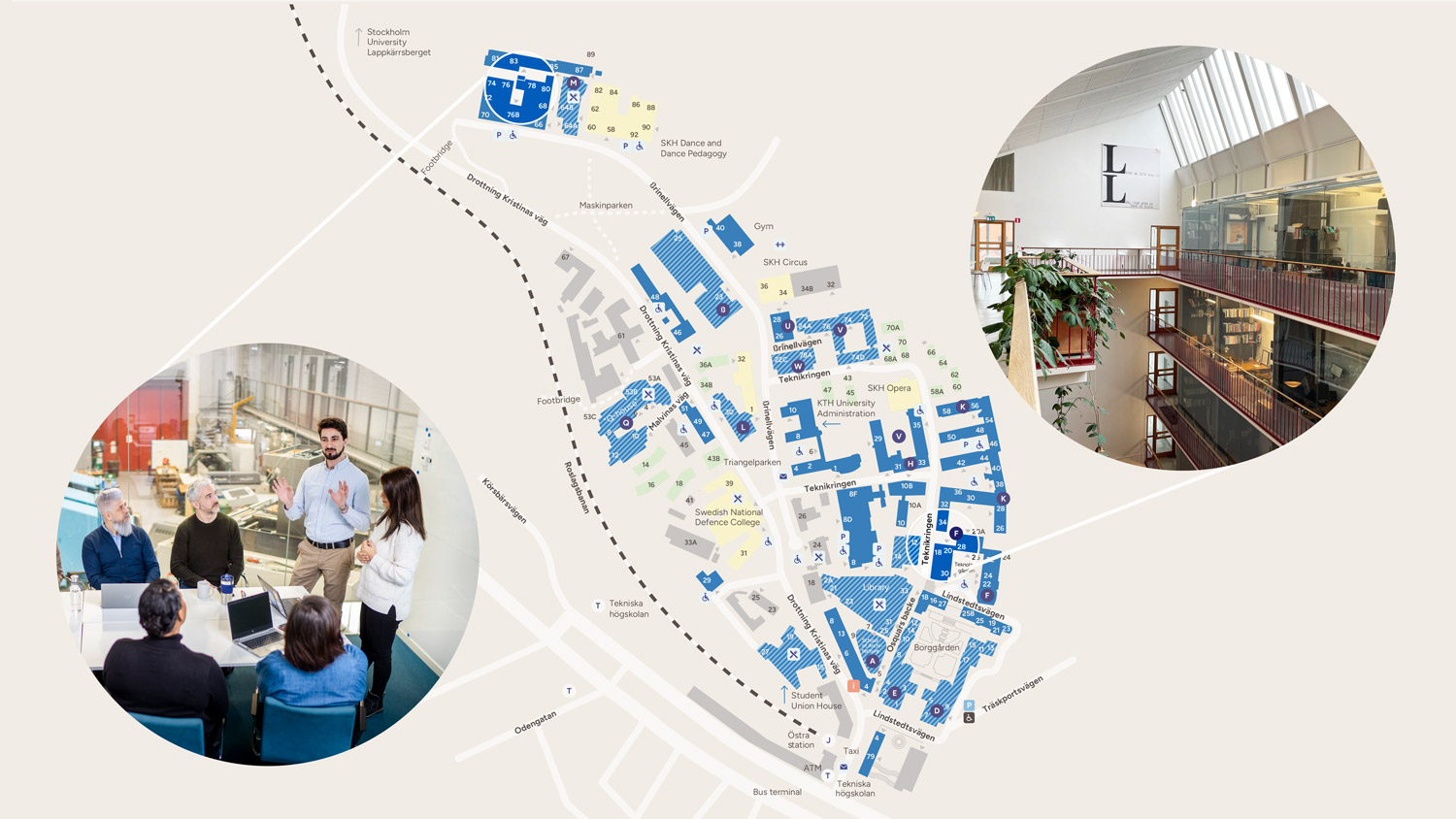
The big move puzzle is in full swing. In the fall of 2025, colleagues from both Södertälje and Kista will move to the KTH campus, and this will mean shake-ups in several places. Sing-sing and parts of the machine quarter are now being refurbished to meet the needs and requirements of the tenants for the work environment.
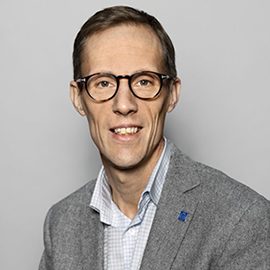
“The premises in Sing-Sing did not fulfil the requirements of a modern working environment for flexible working,” says Gunnar Malm, project manager for the move from Kista. “We look forward to letting the employees move in after the summer, but there is a lot that needs to be done before then.”
Sing-Sing is being refurbished
Sing-Sing is a K-marked building from 1948 that in recent years has mainly housed the ITM school's departments, school management and operational support. With its red staircase railings and glassed-in offices, the building exudes modernism – or prison, if you ask the older students who came up with the nickname. The building is popular for events such as the President’s Professors' Breakfasts and conference meetings. But when Gunnar Malm and colleagues from the Kista campus examined their future premises, they discovered major renovation needs.
Together with Akademiska Hus, they went through the premises to find the right measures according to today's building standards for acoustics. Among other things, all video meetings require better sound insulation – a need that did not exist when the offices were built. Through workshops, the department that is moving in has also realised that the kitchen will be a central meeting place, which needs to be adapted. In the spring, Akademiska hus will begin the renovation work, which in time will also benefit other staff in the building.
Architect-designed offices in the Machine Quarter
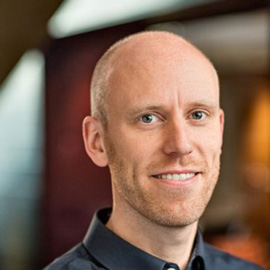
Changes will also take place in the Machine Quarter within the Department of Product Development (IPU). There, the office space is being prepared to accommodate some thirty employees from Södertälje. After the summer, all researchers and teachers in the production area will be gathered in one building.
“One advantage of the move is that we can create a unified education and research environment with a strong experimental environment for the production area,” says Magnus Wiktorsson, Head of the department. “But just like the Kista staff, we think that the standard of classrooms and offices is much more outdated on the KTH campus than what we are used to in Södertälje. Now we can change that.”
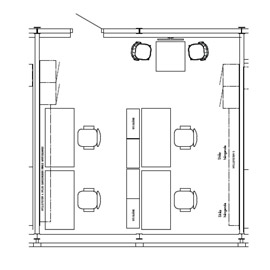
With the help of White Architects, they have developed different types of offices where people can share rooms. Space is also being made for smaller meetings digitally or one-on-one. Together with the departments of Learning in Engineering Sciences, which also recently moved in to the building, and Energy Technology, they have ensured that all doors have windows to increase the amount of light. Acoustic measurements and ventilation tests are also being carried out to check the working environment. Classrooms and study areas at Brinellvägen 68 will also be renewed with new furniture and technology from Södertälje.
Aiming for circularity
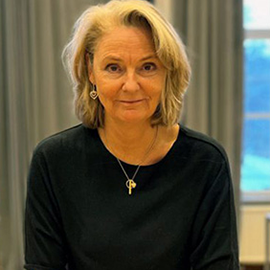
The starting point has been to reuse Södertälje's and Kista's modern furniture and technology as much as possible and now that the inventory is complete, it remains to be decided where to place the surplus equipment. Among other things, there are empty spaces that could be furnished for students, says Gunnar.
Magnus adds that much of the fine furniture from Södertälje will not be used at the ITM school and needs to circulate to others at KTH.
The Sustainability Office and the Real Estate Department have been close partners throughout the process and a Premises Council (Lokalråd), established in the fall of 2024, has analyzed the consequences for all relocations from different perspectives. Because when one group moves in, others may need to move out.
“There will be a lot of shuffling around on several parts of the KTH campus. Several relocations have already begun and now adaptations are also being prepared to make space for new computer rooms”, says Helene Rune, programme coordinator for the campus moves.
“The campus relocations result in a lot of adaptations to premises and it has been noted that the maintenance of the properties is neglected in some places. We now have the opportunity to make demands on Akademiska hus to refresh worn premises.”
Text: Ulrika Georgsson
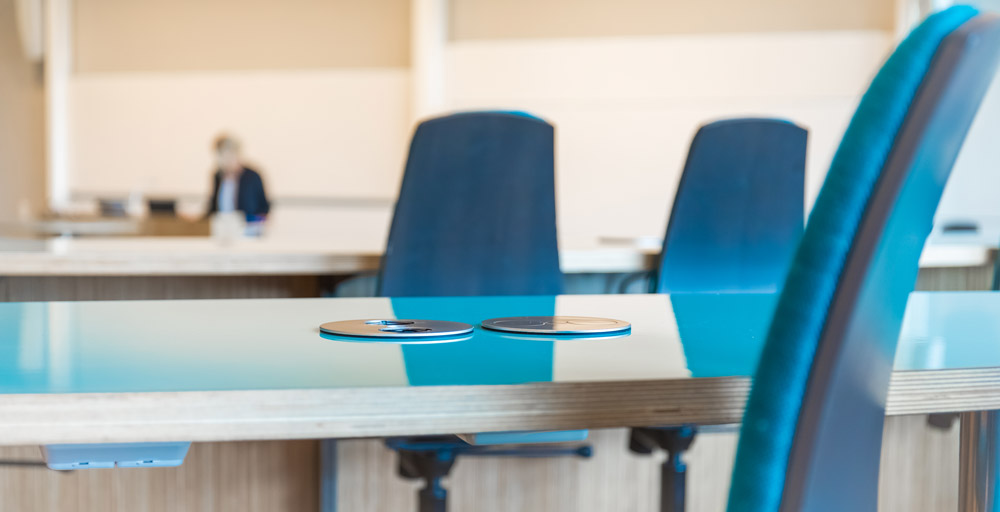
Translated with www.DeepL.com/Translator (free version)
